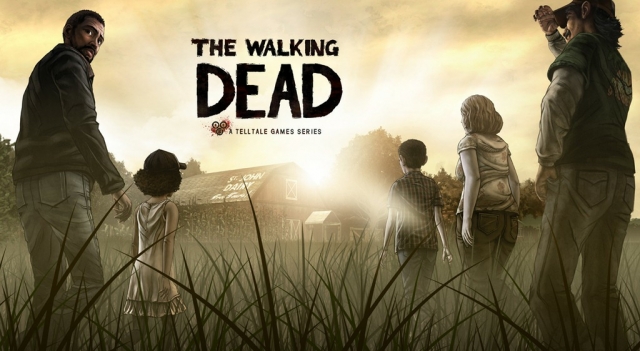
New Developers On Old Franchises; A Good Thing?
Think of all the responsibilities you have. All the jobs you fulfil on a regular basis. How easy do you think it would be to give over those responsibilities to someone else? Could you wholeheartedly entrust them with what has always been principally achieved through your unique talent and zeal? And would they be able to do as good a job as you, or perhaps even better? I ask this because it appears as though game developers are constantly delegating their own franchises to other studios, and the effects remain highly debateable.
Bungie entrusted the development of Halo, a franchise which they are so famously associated with, to a brand new studio; 343 Industries, and that’s just one example. DICE aren't developing this year’s Battlefield: Hardline, Gearbox Software aren't making either of the two Borderlands games out this year and the just announced Little Big Planet 3 is being developed by Sumo Digital as opposed to Media Molecule. It’s certainly a phenomenon that is becoming increasingly common, but is it such a good idea for studios to just give up their creative babies to another developer like this?

If one were to believe in the importance of auteurs, they would argue that a game should reflect the creative vision of its original makers. To illustrate this isn’t hard; a Metal Gear game simply wouldn't be a Metal Gear game without the involvement of Hideo Kojima and his studio, they are the essential core that define the nature of Metal Gear as a concept. This goes some way in explaining the nature of Metal Gear Solid: Revengeance; a title that is in every way but name as far from the Metal Gear franchise as imaginable. Thus the idea of these ‘auteurs’ separating themselves from their creations is supposedly a step in the wrong direction.
Can you imagine someone other than either of the Rockstar development teams making a modern Grand Theft Auto game? I’d imagine the black comedy, the subversively dry satire and forensic attention to detail would probably be lacking, because they’re inherent features and a reflection of the Rockstar seal. It is that studio which best understands what truly constitutes a Grand Theft Auto game, because they’re the studio that invented this constitution to begin with. To find a recent example demonstrating how far a change in developers can affect the quality and creative legitimacy of a franchise instalment, one only has to observe the broad consensus that, judging from the Metacritic score, considers Batman: Arkham Origins (Developed by Warner Bros. Games Montreal instead of Rocksteady) as the worst instalment in the Arkham series to date.

On saying this, there are also perfectly good examples in which a game has turned out immensely well, perhaps even as a result of the switch in development teams. Neither Halo 4 nor the reboot of Tomb Raider were made by their original creators, yet both were great games. And whilst there is some legitimacy to the ‘auteur theory’, it is also true that other developers can be just as passionate about a franchise as the studios who created them. In fact, it allows the latter (who may be too bored by their franchise to wholeheartedly create another instalment) to pursue new visions and ideas (giving us gamers new IP's from revered developers) whilst allowing the former to have the dream job of creating a game for a beloved franchise with a fan-boyish level of enthusiasm and commitment. Without this phenomenon of studio switches, we wouldn't have been gifted with Destiny and Halo 5 both coming out in the next year or so, neither would we have Star Wars Battlefront being developed by DICE (a match made in heaven, in my opinion).

Finally, it should be remembered that this happens all the time in other industries with relatively little fuss. People cheered when JJ Abrams was announced as the director of the next Star Wars movie, a franchise and universe which has always been credited to and associated with the talent and machinations of George Lucas. In fact, several amazing games have been based off of other cross-media franchises which were never even conceptualized within the game industry itself, let alone by the developers who made the aforementioned game. Think about the Arkham series, Telltale games or Star Wars: Knights of the Old Republic (just to name a very select few); all of which have been critically acclaimed yet every one an example in which the developers worked on somebody else’s franchise rather than conceive their own. If this is the case, why shouldn't developers be able to do the same with gaming franchises?

In conclusion, whilst there is certainly legitimate doubting to be made concerning the entrusting of beloved franchises into the hands of less experienced developers without it, the game industry wouldn't be anywhere near as flexible or as big as it is today. We can criticise the phenomenon, but let's not take it for granted.








COMMENTS